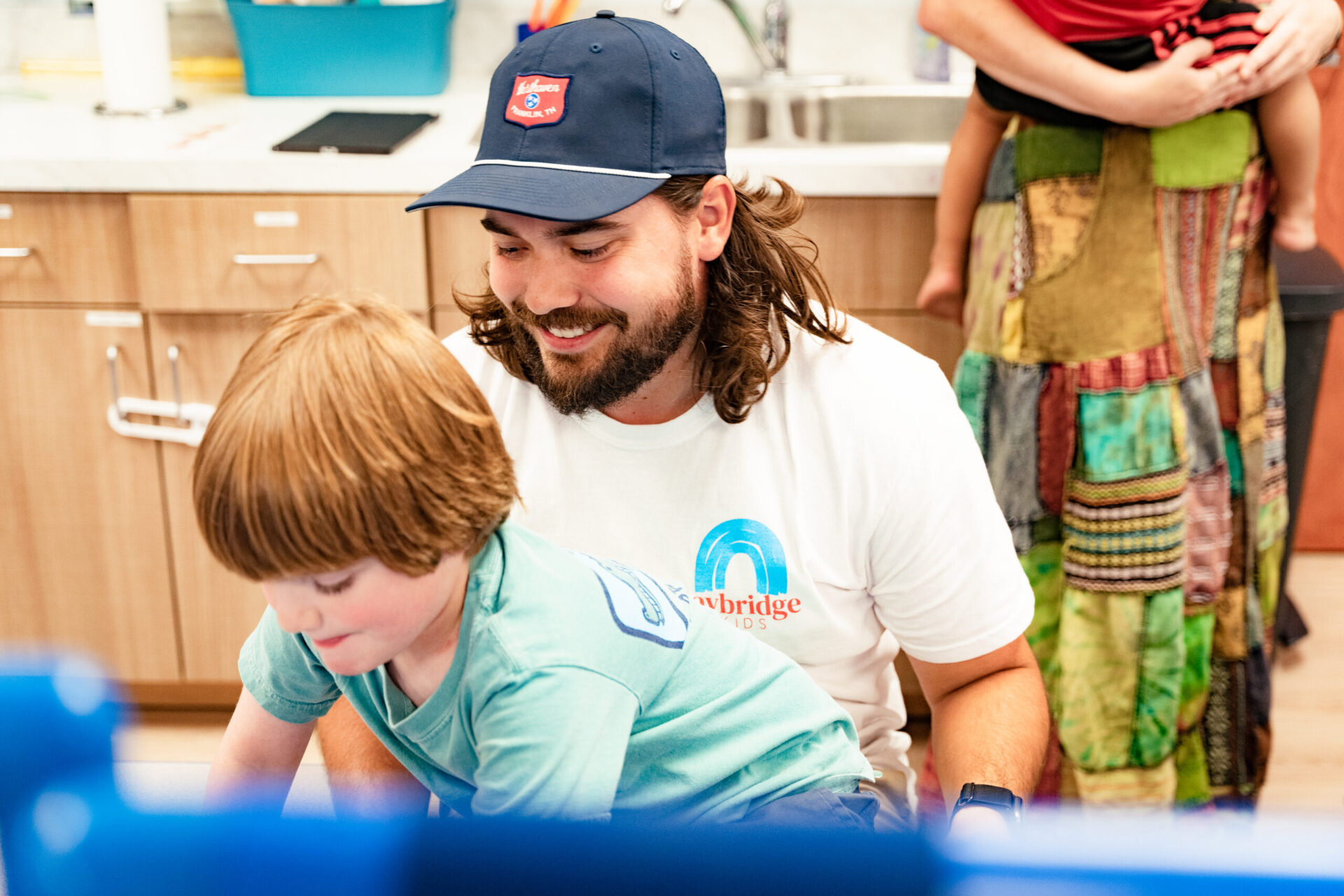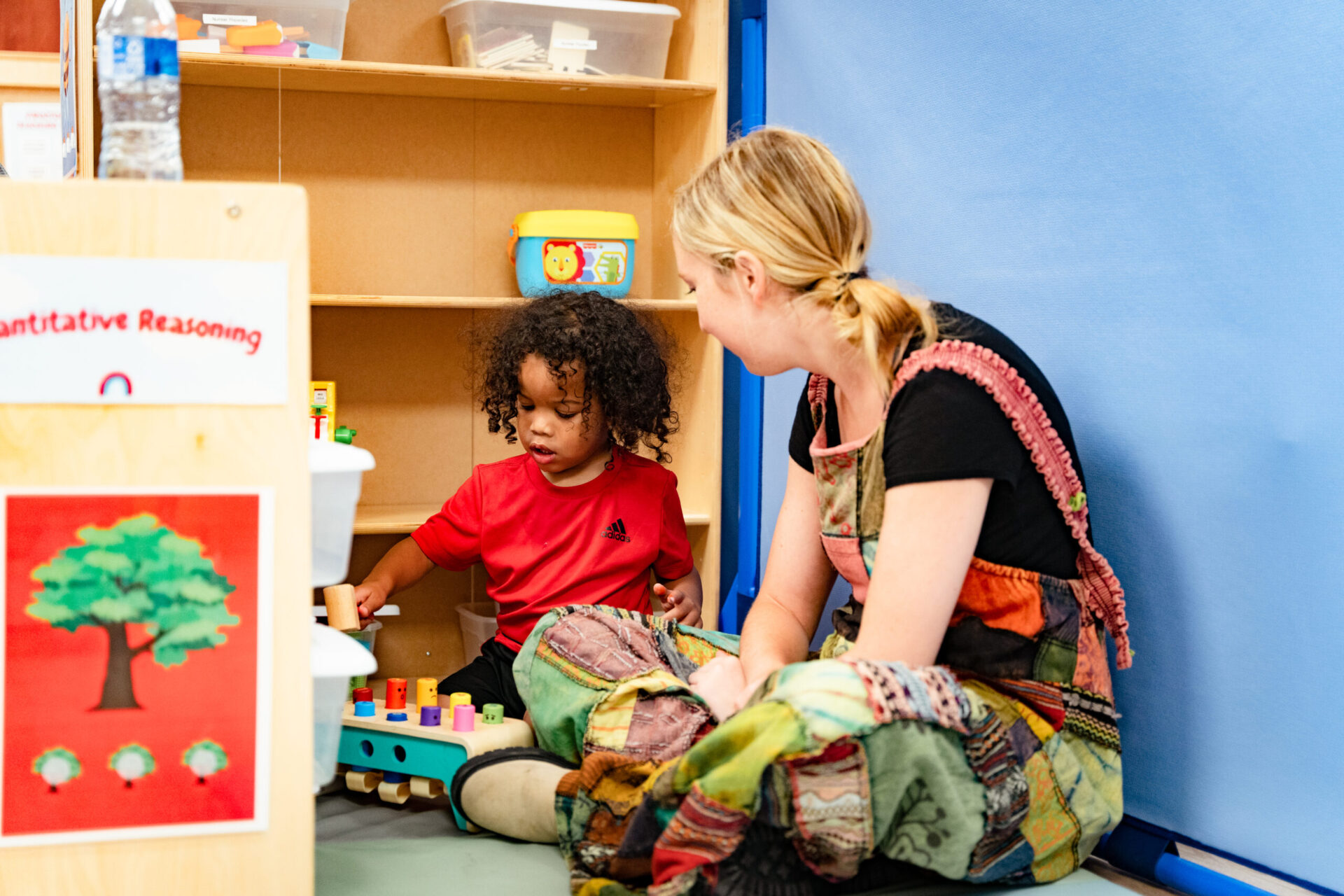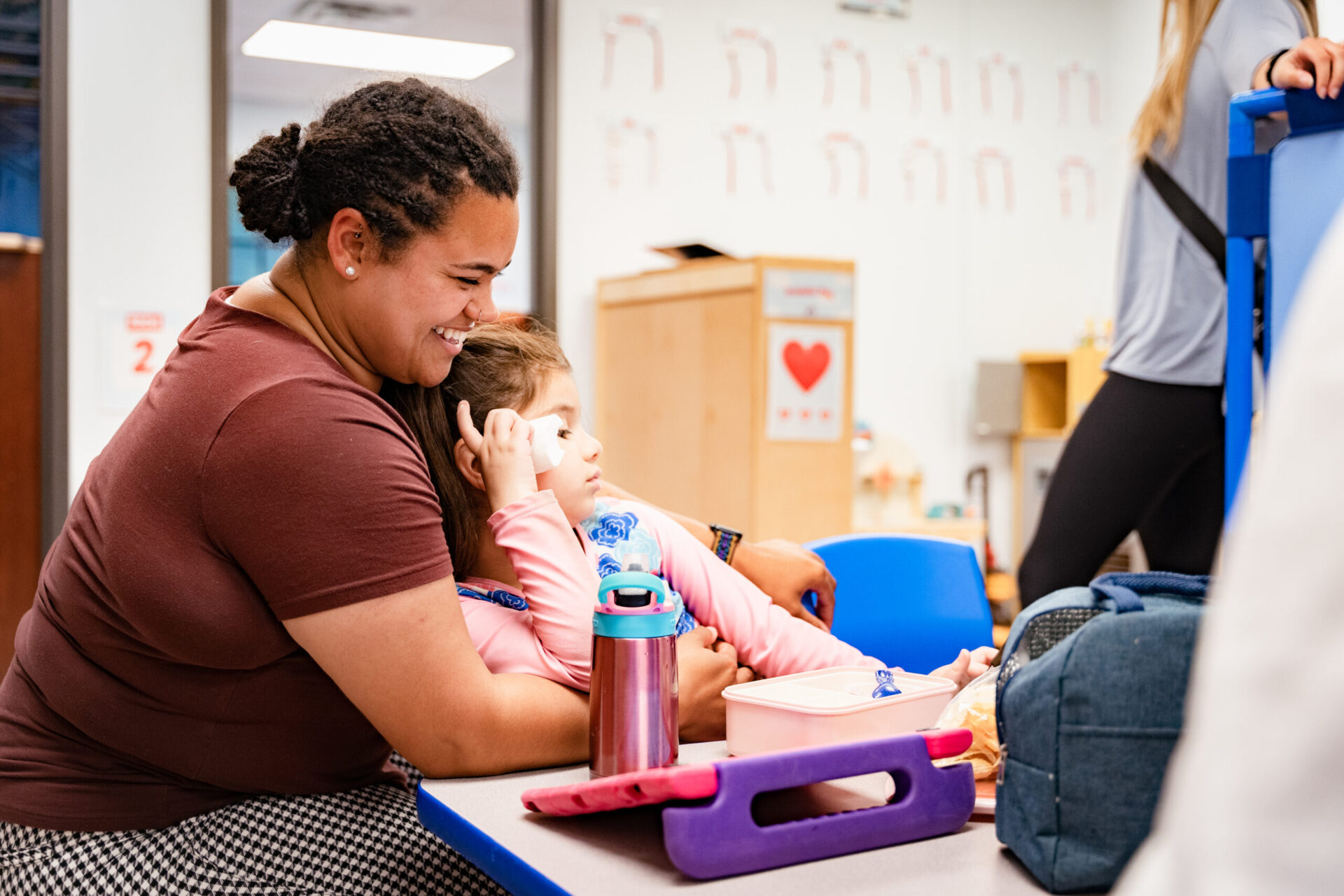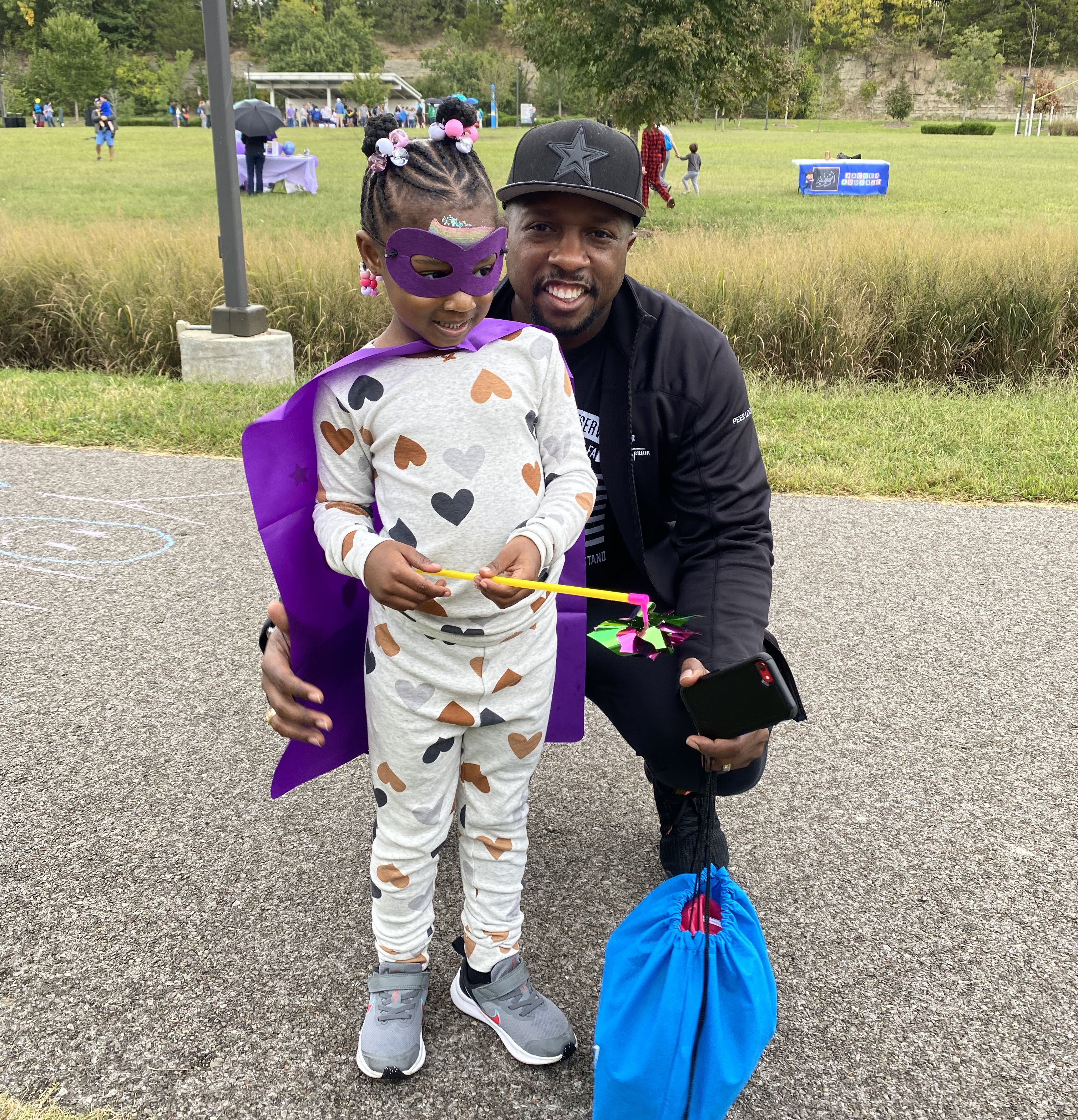Speech Therapy

What is Speech Therapy?
Pediatric Speech Therapists (also known as speech-language pathologists, or SLP’s) assess, evaluate and treat children with autism that experience difficulty communicating. The scope of practice for speech-language pathologists is vast, and encompasses areas such a speech-sound disorders, language, swallowing/feeding, social skills and cognitive/executive functioning. Speech Therapy may also include an Assistive Technology evaluation, to determine if Augmentative and Alternative Communication (AAC) would be beneficial. Aided AAC can include tools, systems, or materials that help a child communicate more efficiently and effectively when verbal speech is difficult. These tools can include symbol boards, speech-generating devices, or communication books. Oftentimes, speech therapy is used alongside ABA therapy for the best possible outcome for your child.

Speech therapy at JBK includes:
- Annual individualized evaluation, during which the child’s speech, language, and communication strengths and needs are assessed and the learner/family and speech therapist determine the child’s goals
- A customized Plan of Care to improve the child’s speech and language needs and master their communication goals
- Weekly, one-on-one direct therapy with the SLP and RBT to implement the child’s Plan of Care
- RBT’s remain present in SLP sessions in order carryover specific communication goals and strategies throughout the child’s ABA sessions for more efficient and consistent growth
- Additional Feeding Therapy sessions, as needed and based on evaluation
- Ongoing collaboration with the child’s entire therapy team and family to promote the child’s development, ensure that the goals are being mastered, and/or make changes to the Plan of Care, as needed
Speech therapy may also include:
- Individualized evaluation, during which the SLP determines the best communication device or modality (AAC) for the child to utilize in order to best express their wants and needs
- Setup and programming of the child’s Speech Generating Device (SGD)
- Maintenance programming and ongoing assessment of the child’s SGD as they progress and increase their expressive language skillset
- Training and support on the SGD to the child’s entire therapy team and family in order to ensure the child’s SGD is utilized appropriately and consistently for efficient growth and progress
Speech therapists (SLPs) focus on the following areas for growth, in collaboration with our BCBA’s and OT’s:
- Expressive Language
- Receptive Language
- Communicating their wants and needs
- Understanding age-appropriate vocabulary concepts
- Following verbal directions
- Speech intelligibility
- Social Skills
- Requesting
- Commenting
- Negating
- Asking and Answering Questions
- Initiating and Maintaining Conversation
- Feeding Therapy

Joyful ABA therapy
ABA (Applied Behavior Analysis) therapy is founded from behavioral science and is utilized to teach necessary developmental skills and reduce dangerou...
More
Occupational therapy
Pediatric occupational therapists are experts in utilizing various strategies to teach daily life skills, motor development, adaptive skills, self-reg...
More
Parent & Caregiver coaching
JoyBridge Kids focuses heavily on the importance and value of intentional, functional caregiver support. We provide education to parents and caregiver...
More
